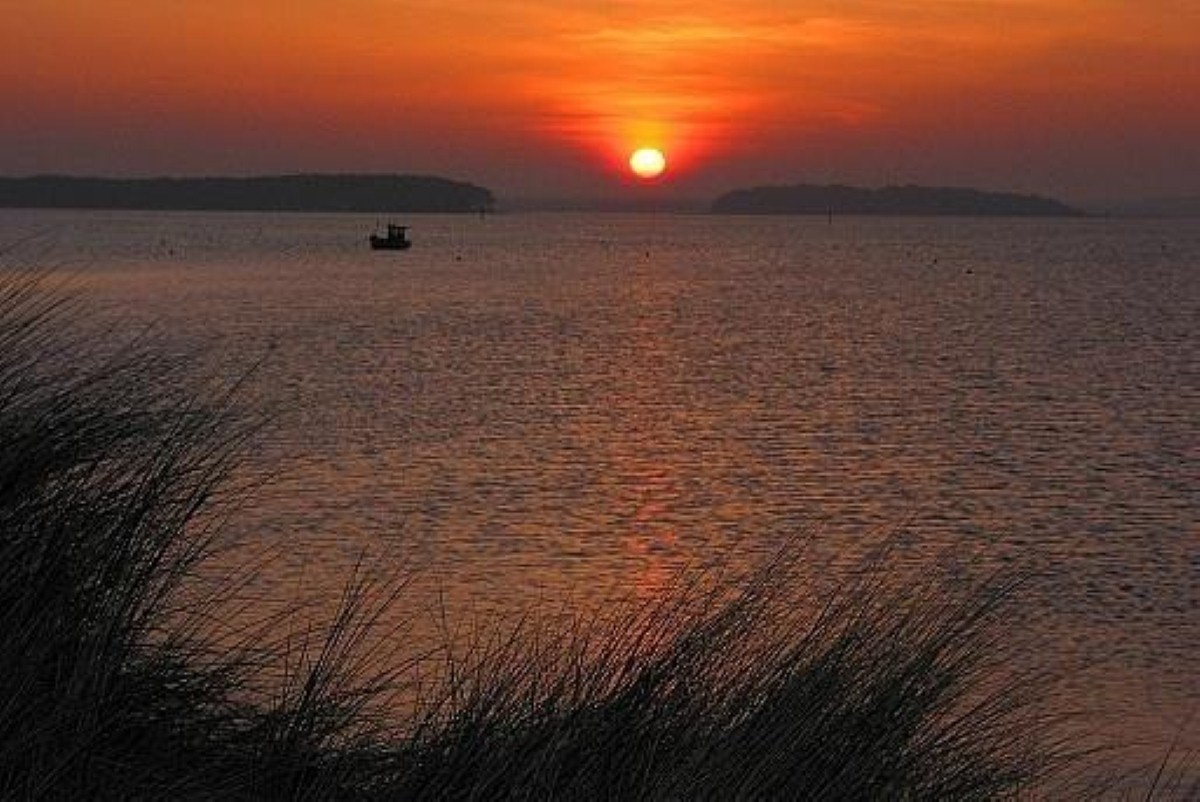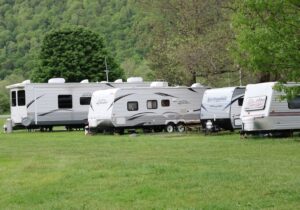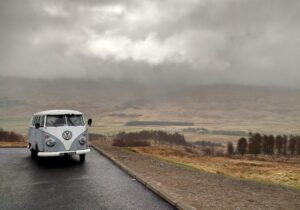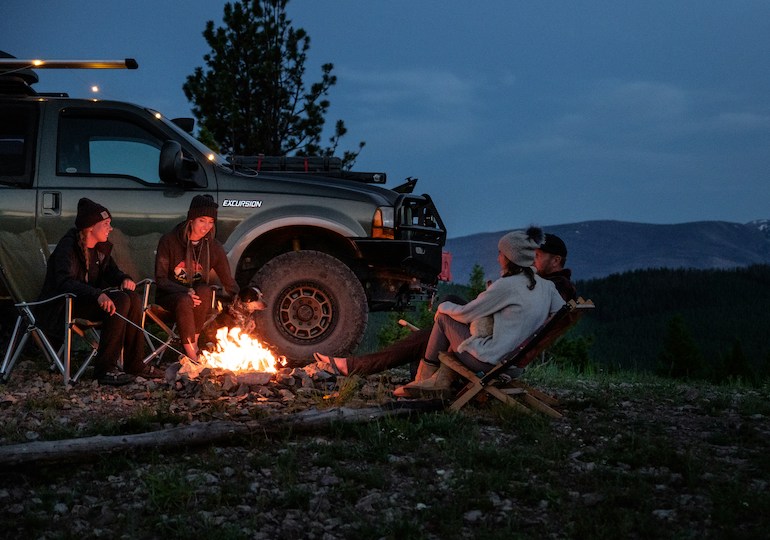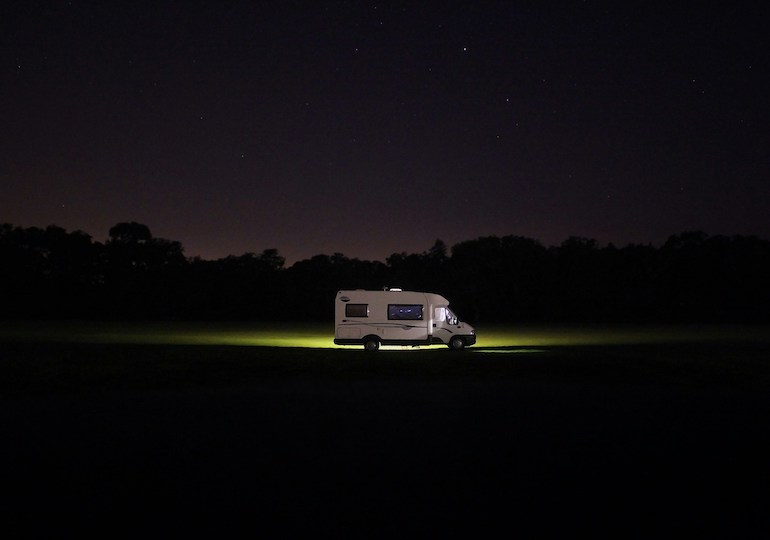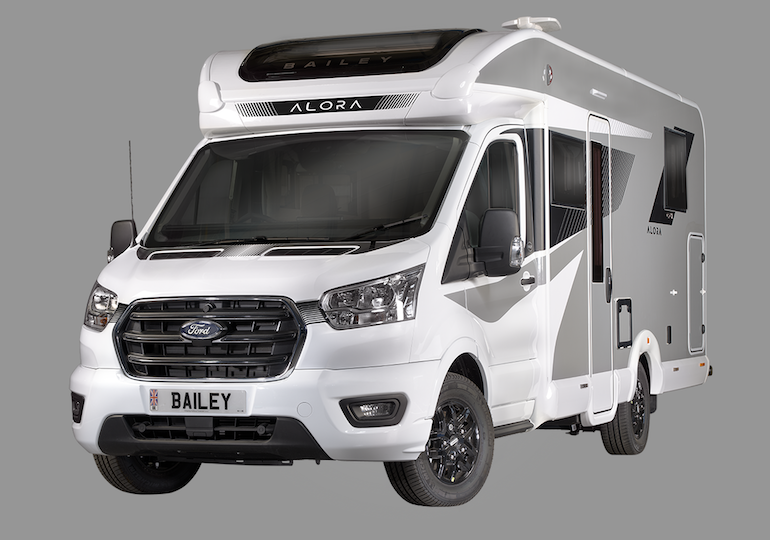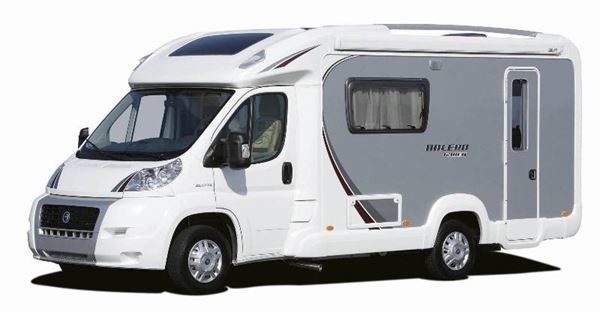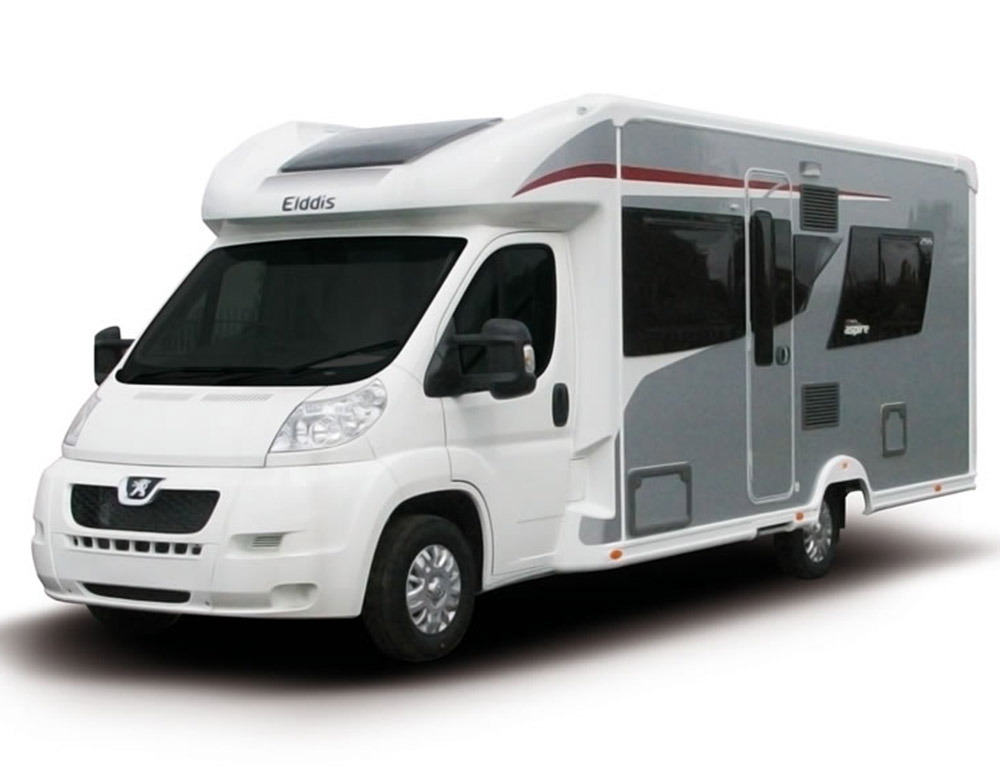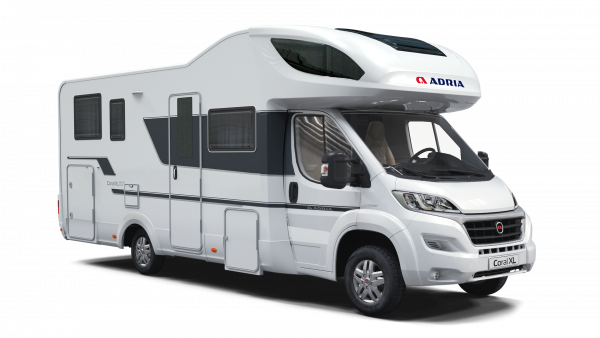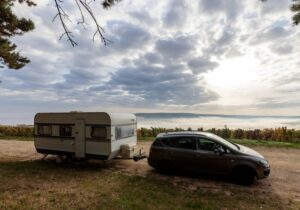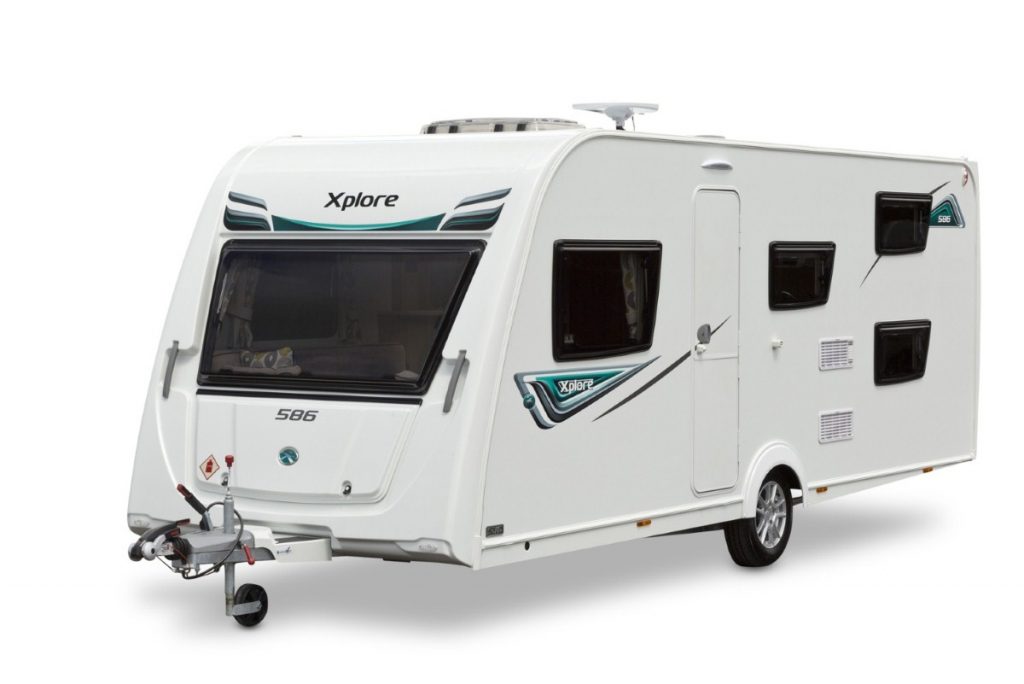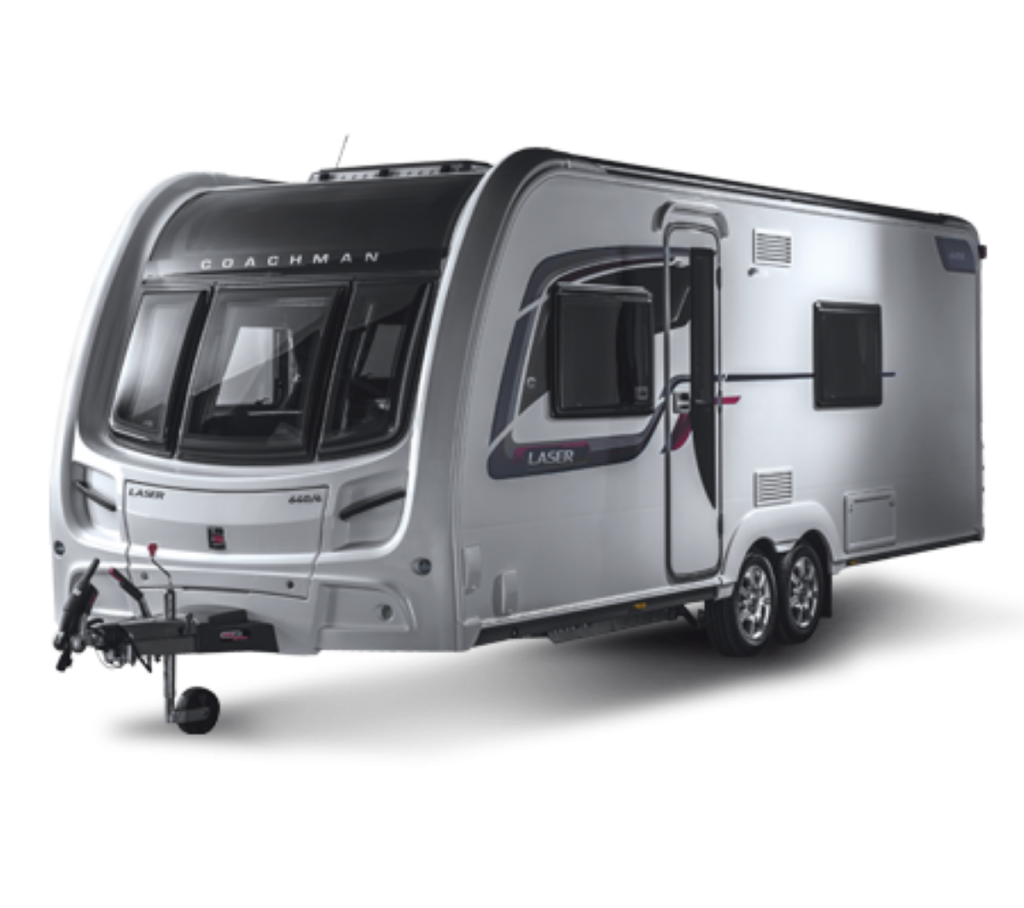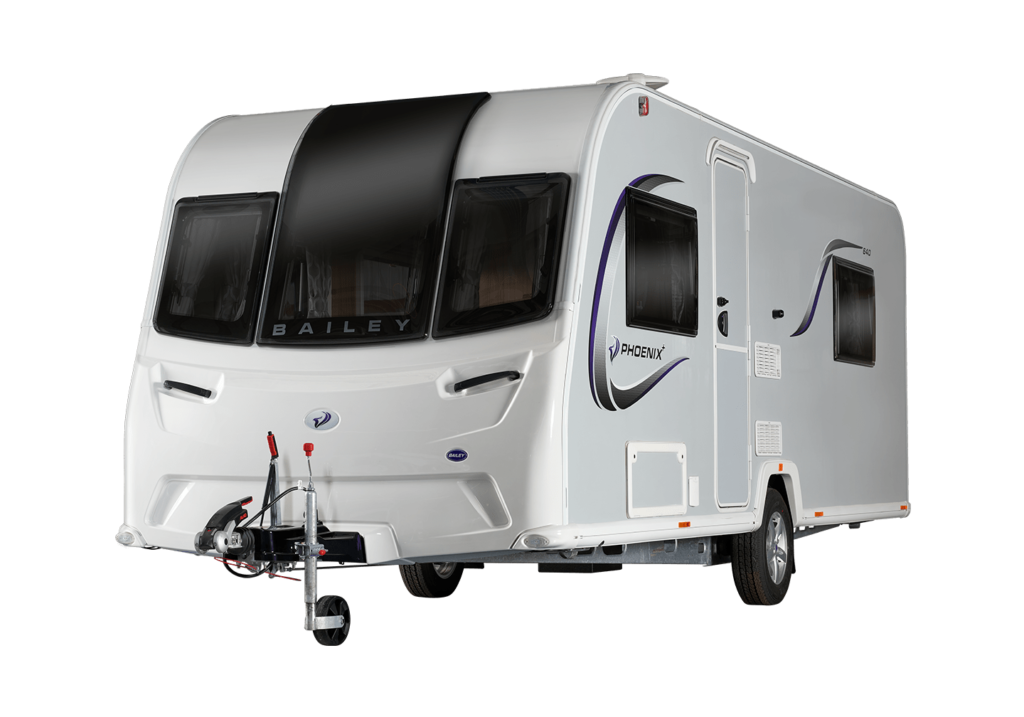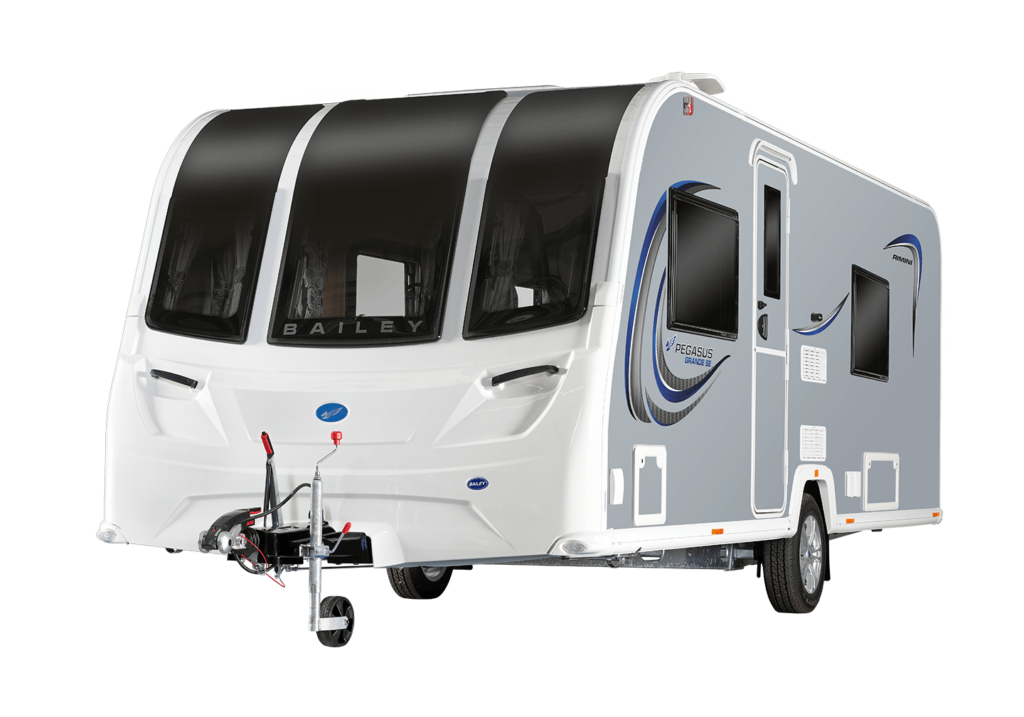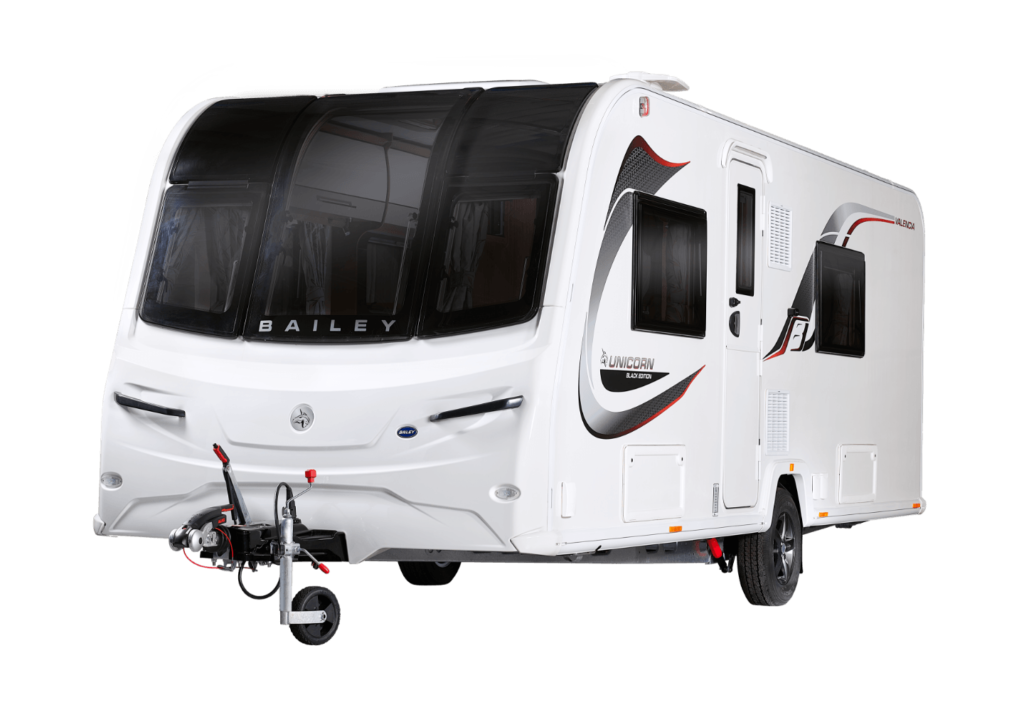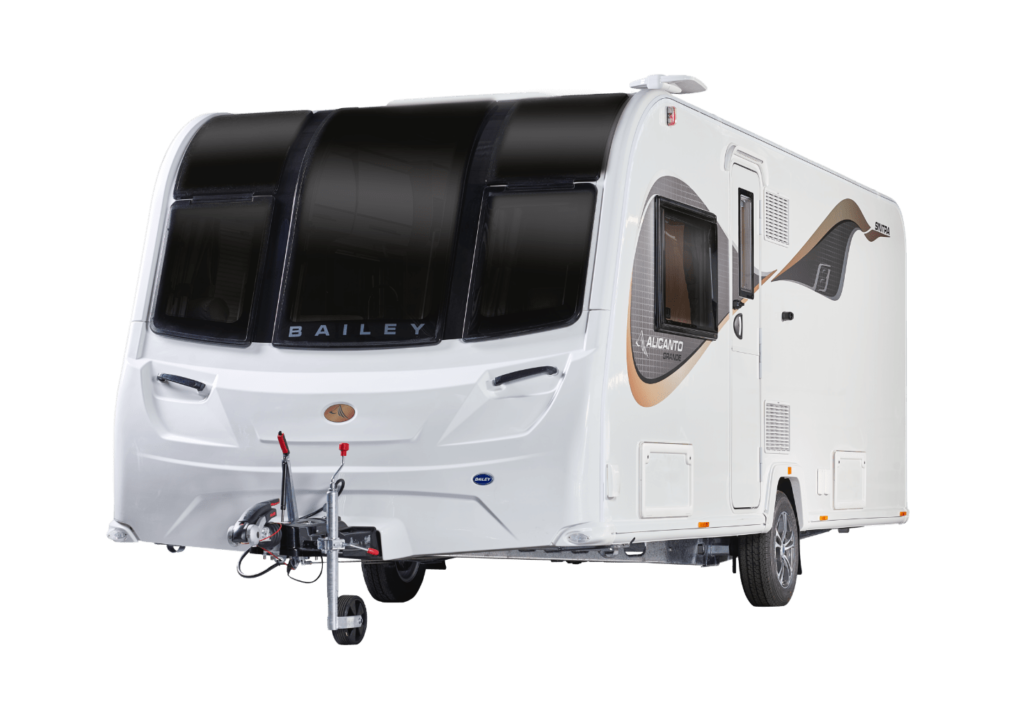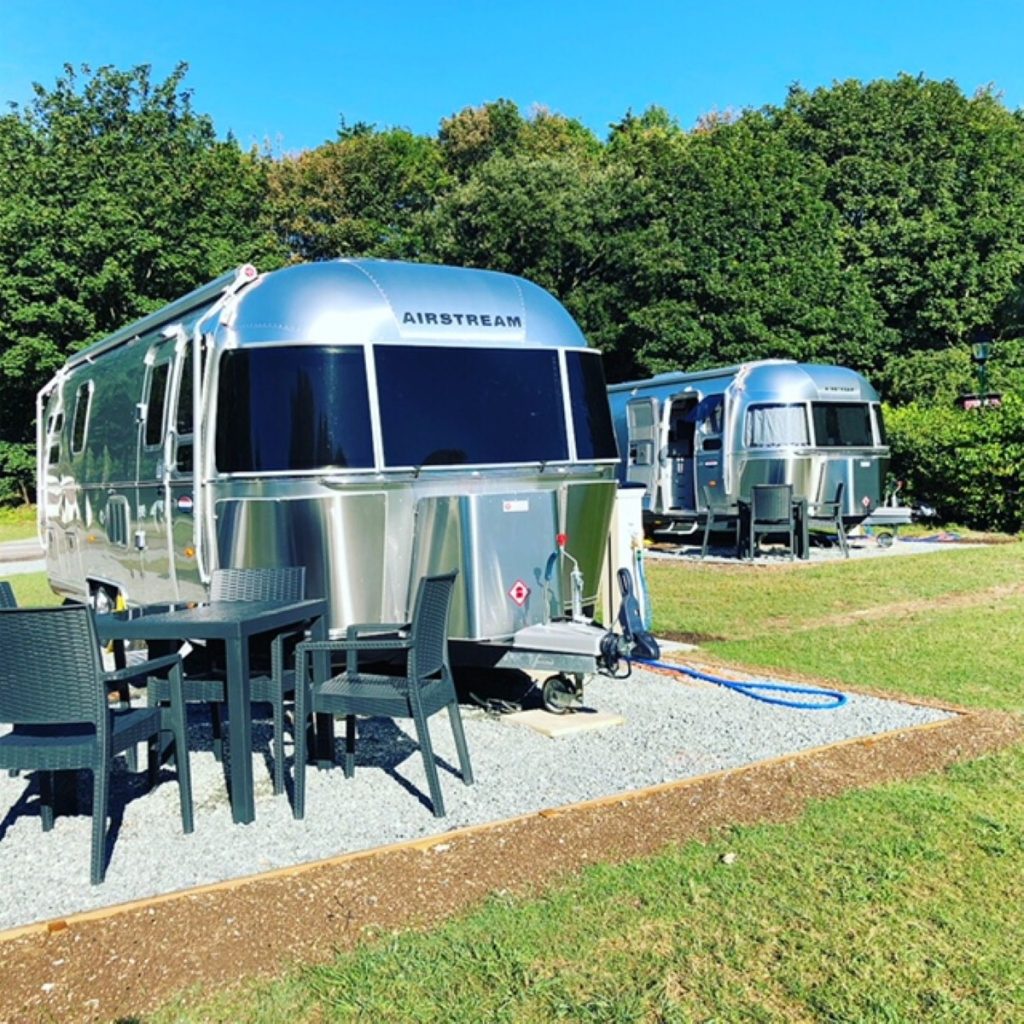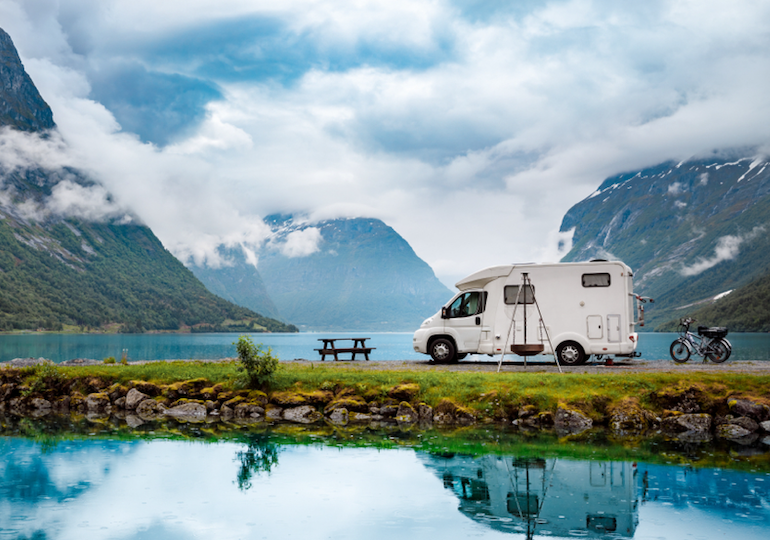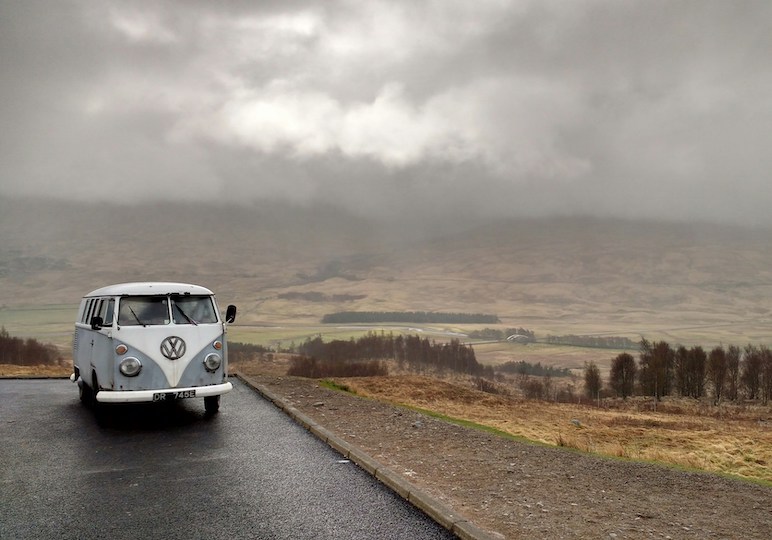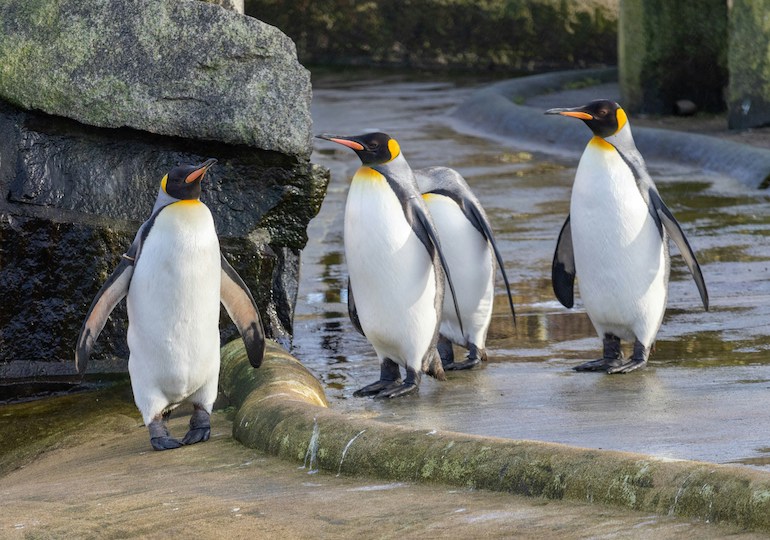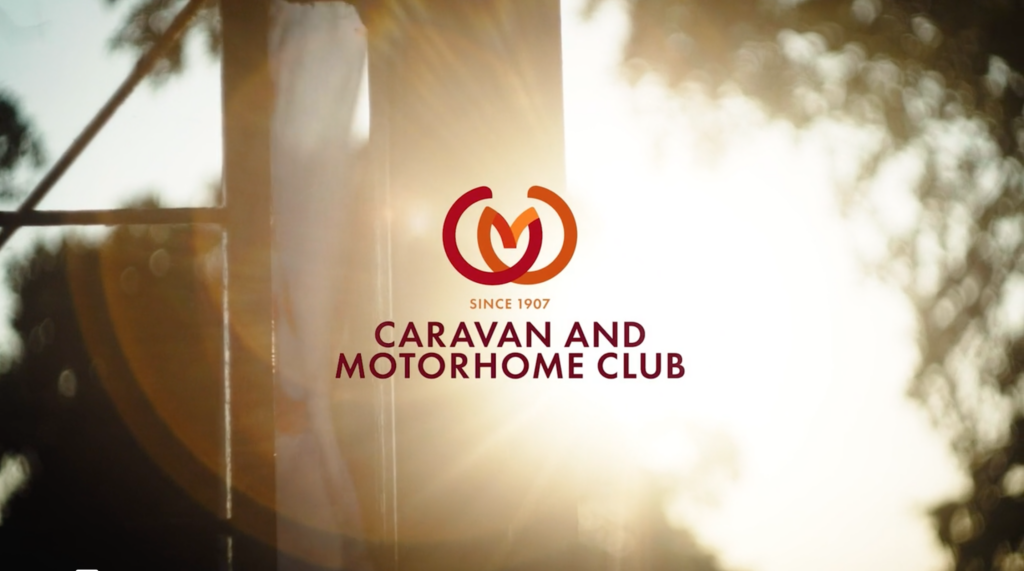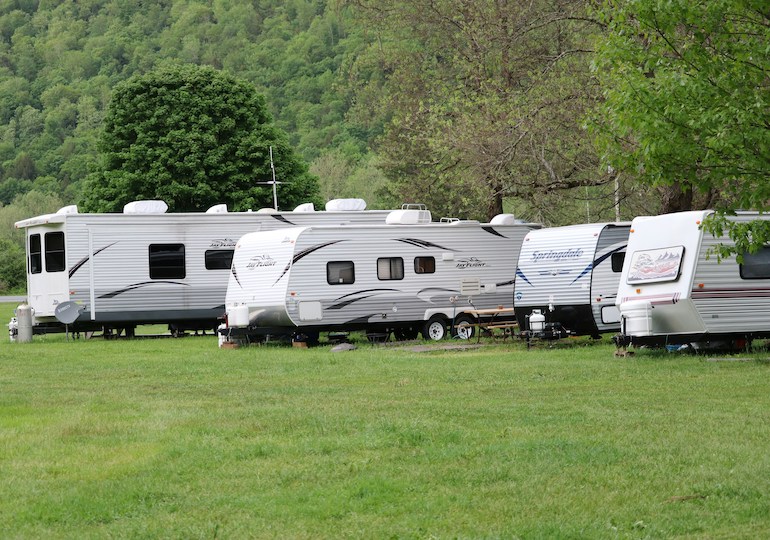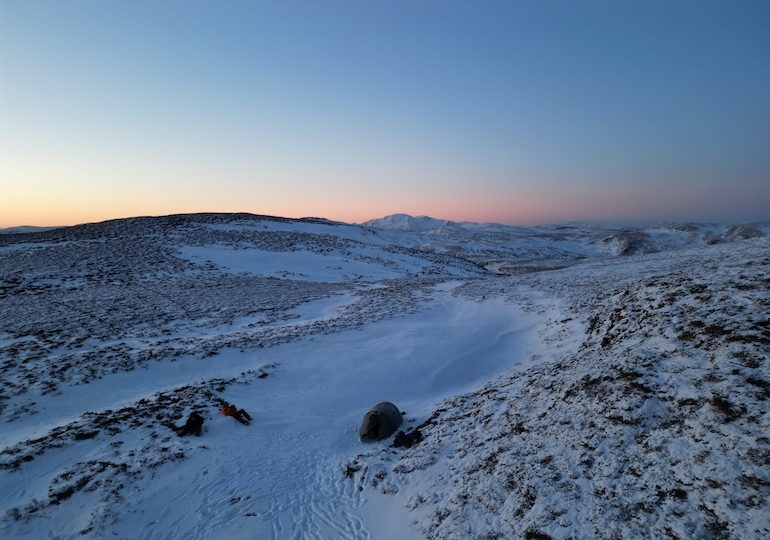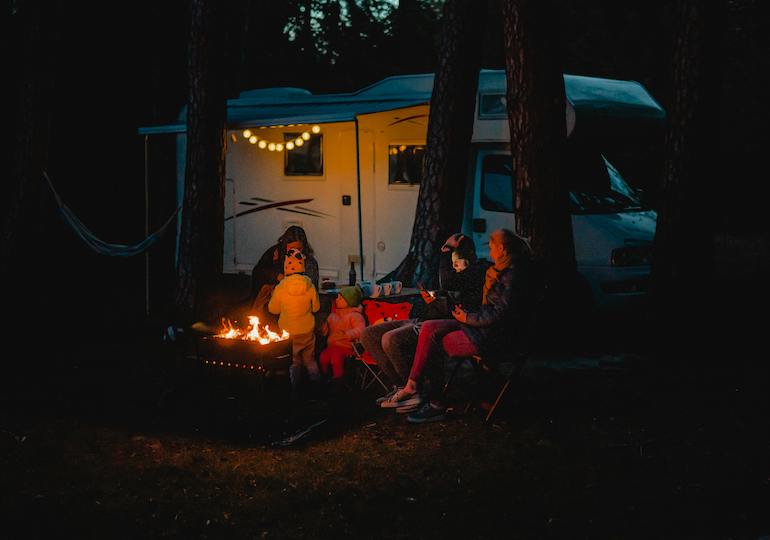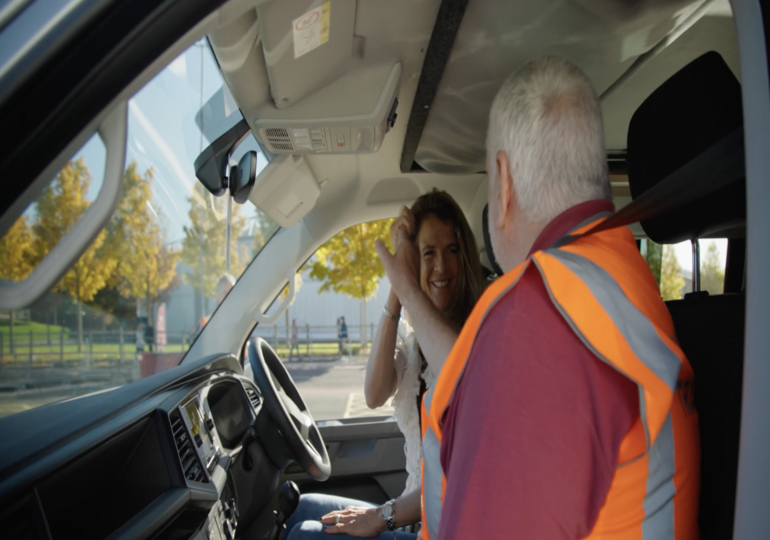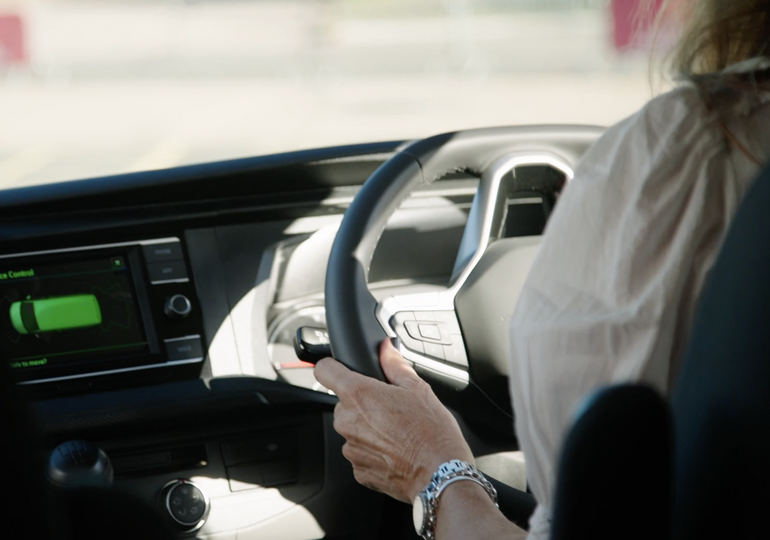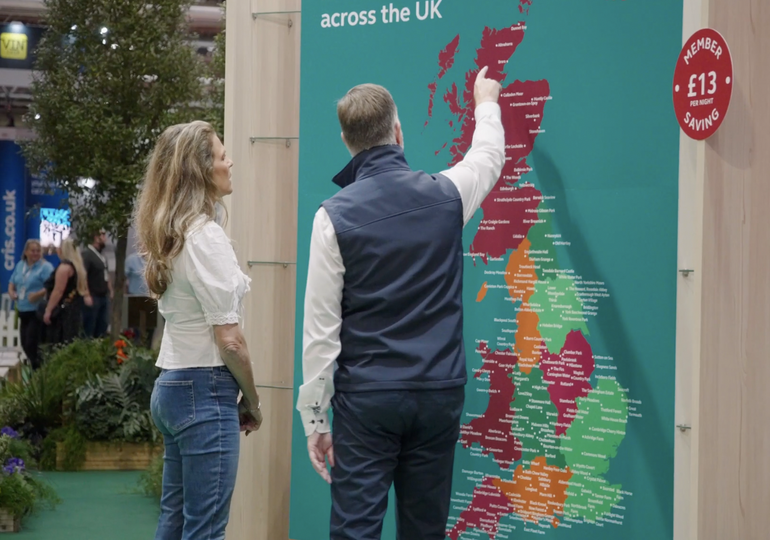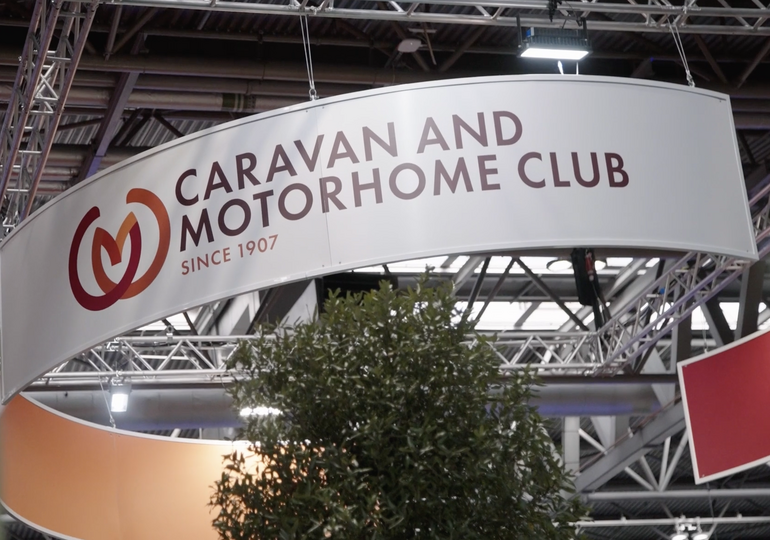Caravan enthusiasts could get more evening daylight hours for their money if calls to switch the UK time zone are carried through.
VisitBritain, the Tourism Alliance and the British Association of Leisure, Parks, Piers and Attractions are just some of the bodies behind the move to Single/Double Summer Time (SDST).
SDST is based on the concept of a “double summertime” which places the UK one hour ahead of GMT during winter, and two hours ahead during summer. The result would bring Britain into the same time zone as countries such as France and Spain.
The Royal Society for the Prevention of Accidents has previously suggested this would reduce the number of accidents on the roads as a result of the lighter evenings. And when the scheme was trialled for three years back in 1968 data revealed around 2,500 fewer people were killed on the roads.
However those in northern parts of Britain have historically opposed the idea. For example in parts of Scotland the winter sunrise would not occur until ten o’clock am. Previous attempts to introduce the bill (by allowing Scotland and Northern Ireland to opt out of the scheme) were rejected in 2006.
Yet many at the forefront of the British travel industry feel that the positives of such a change would far outweigh the negatives, with the advantages stretching beyond the travel sector.
All three major political parties have signified their willingness to consider the issue, but minister for culture, creative industries and tourism Margaret Hodge said a wide consensus is needed for a bill to be passed.
It is essential that the whole industry supports the move, added Liberal Democrat frontbench spokesman for culture, media and sport Don Foster.
“It is really important that we in government, or whoever is in government, actually help the industry to do that,” he explained.

